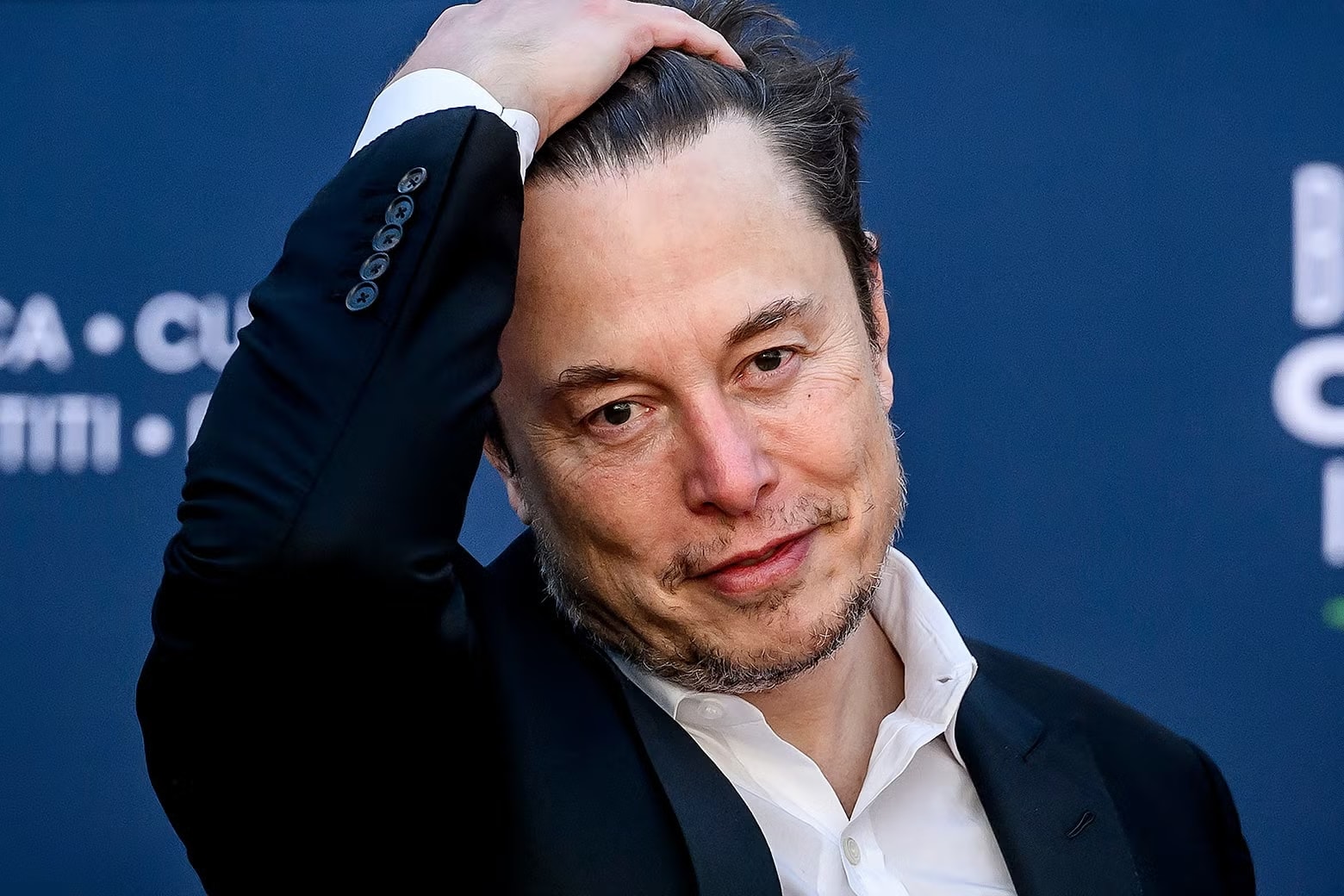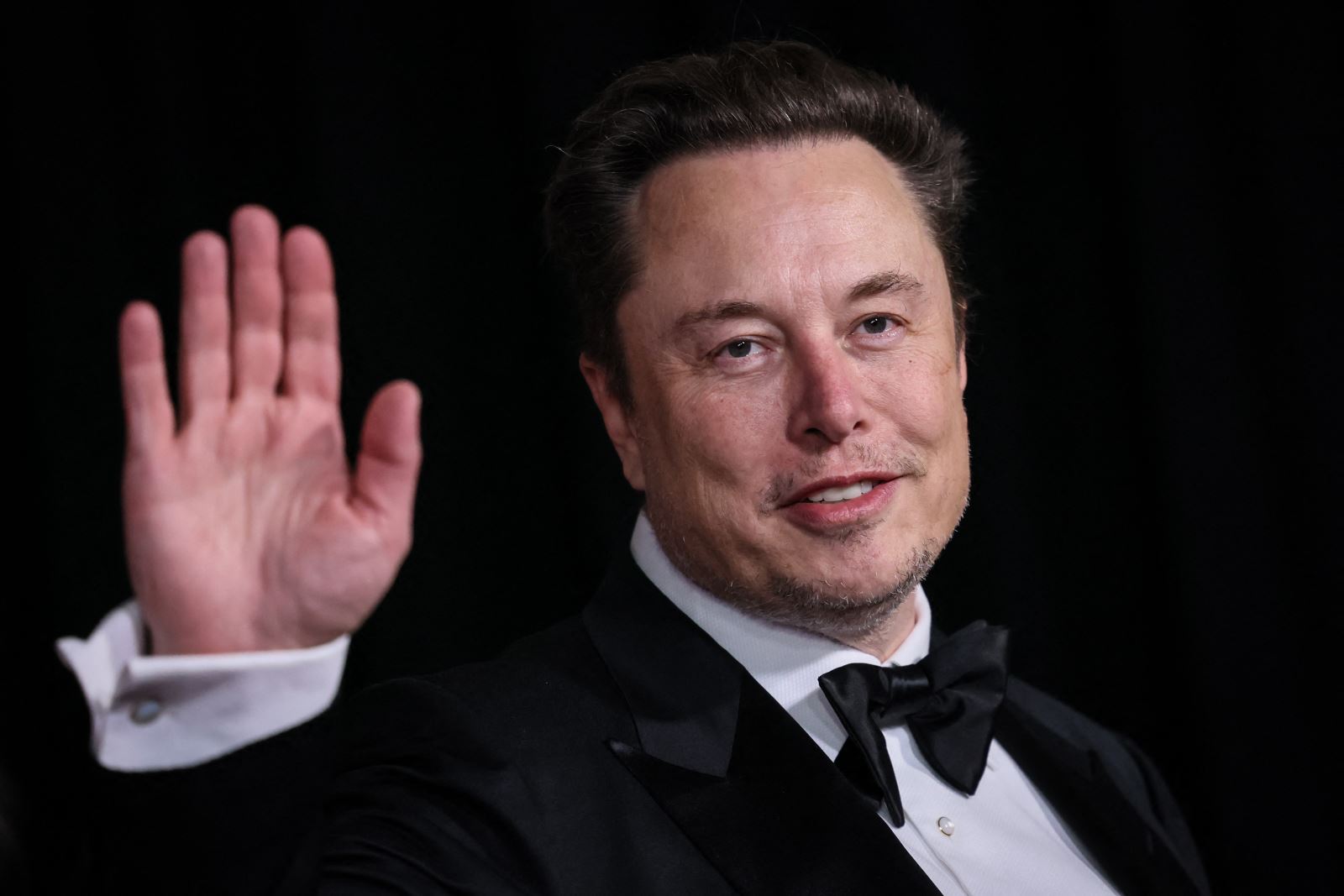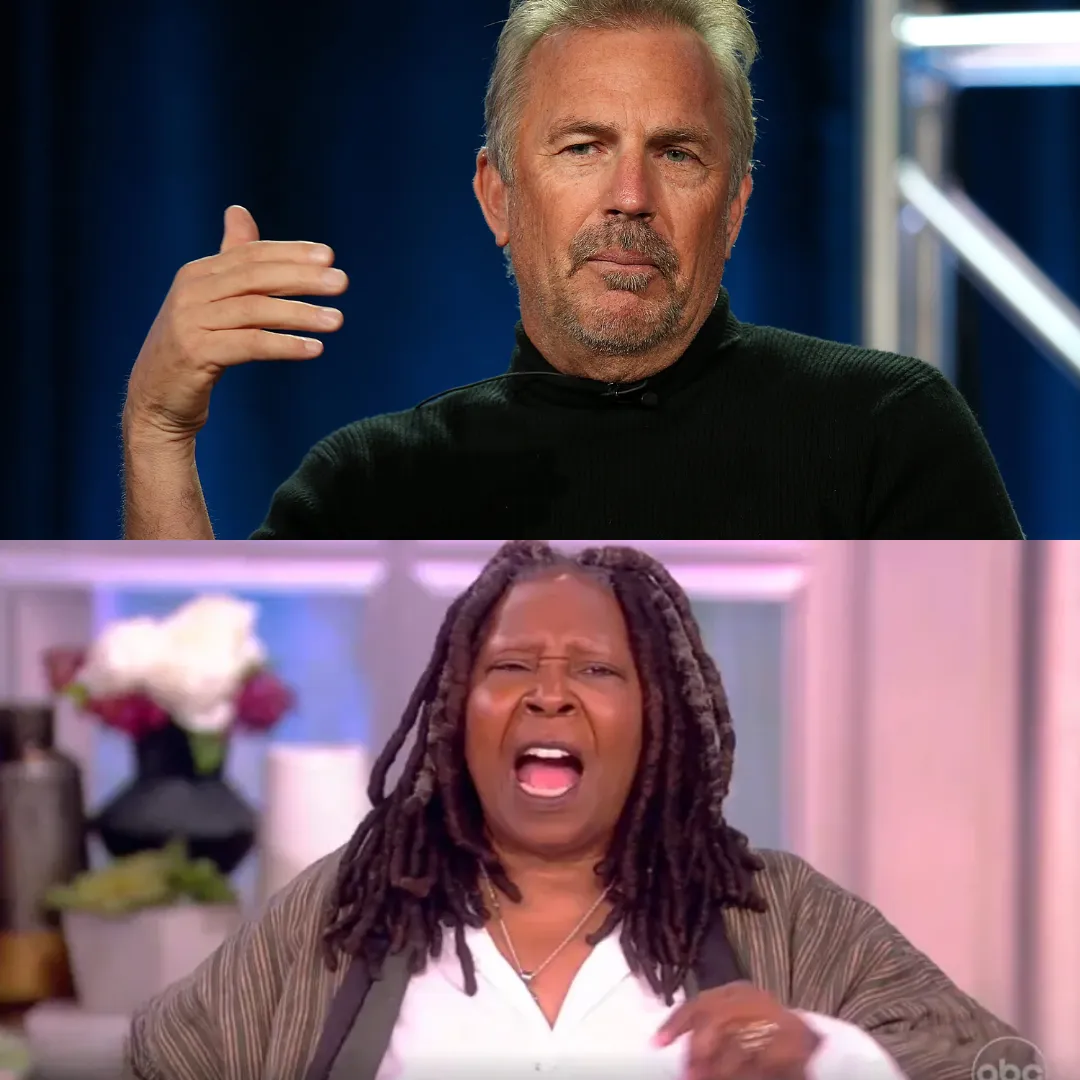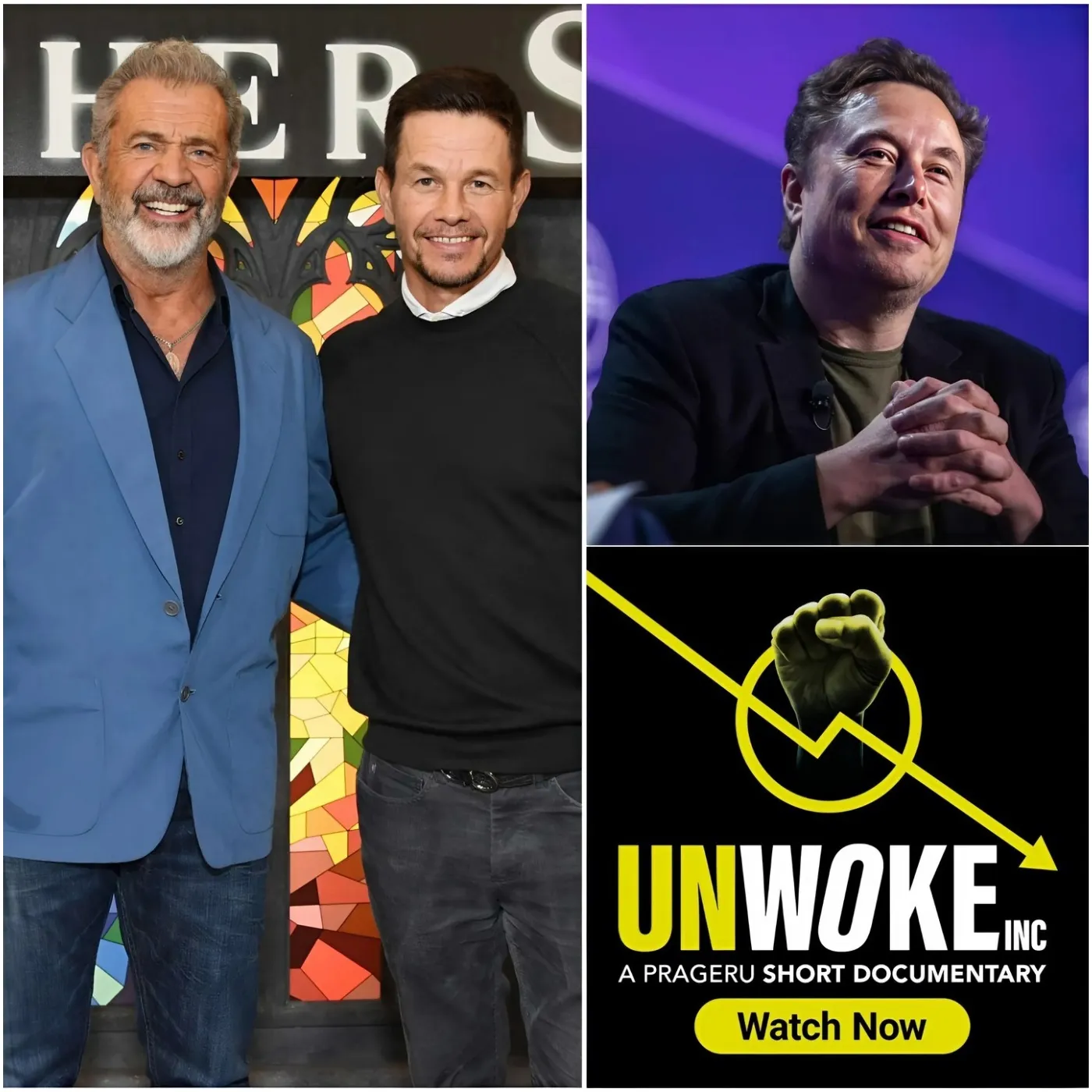
Despite his grueling schedule, leading multiple groundbreaking ventures across different industries—from space to AI—Elon Musk has made one thing crystal clear: he won’t back down from reclaiming his $56 billion Tesla compensation package. In fact, the man known for launching rockets into space and disrupting the auto industry is now focused on something entirely earthbound: a fierce legal battle in Delaware.
It’s a fight that seems symbolic of Musk’s relentless mindset. He doesn’t let go of what he believes he has rightfully earned—even when the whole system stands in his way.
Back in 2018, Elon Musk made a bold decision: he wouldn’t take a salary from Tesla. No base pay, no bonus, no stock options in the traditional sense. Instead, he inked a high-risk, high-reward agreement.
If—and only if—Tesla hit a series of jaw-dropping performance and valuation goals, he would earn the right to purchase around 303 million Tesla shares at a deeply discounted price of $23 per share. It was a pay-for-performance deal unlike anything the corporate world had seen before. And it worked.

Fast forward to 2024. Tesla had hit every single one of those ambitious targets. Shareholders benefited immensely. Tesla’s market cap soared, and the stock price closed at $230.58 on March 11—ten times the agreed price in Musk’s package.
Yet, despite the success story, a single ruling from Judge Kathaleen McCormick in January 2024 struck down the entire package.
Her reason? The Tesla board, according to her, had approved the plan under the influence of Musk himself. In other words, the world’s richest man had too much sway over his own board.
Musk wasn’t having it.
In his latest appeal, he argued that Judge McCormick made a string of legal missteps—foremost among them, applying an “entire fairness” standard that Musk and his team say was completely inappropriate. The judge assumed he controlled the process merely because he owned 21.9% of Tesla at the time.
But Musk’s side says otherwise.
They insist that owning less than a quarter of Tesla stock didn’t give him controlling power over the board and that there was no evidence he coerced or dominated directors. The package, they argue, wasn’t a product of manipulation—it was a contract rooted in meritocracy.

The appeal also accuses the court of defying the corporate governance principles embedded in Delaware law. According to Musk’s team, the performance-based plan directly aligned with shareholder interests and brought extraordinary growth to Tesla. The legal threshold used to nullify it simply didn’t make sense in that context.
What makes this battle even more dramatic is the fact that Tesla shareholders were given another chance to weigh in. And they did. Overwhelmingly, they voted in favor of the same compensation package. Still, the judge dismissed their decision, doubling down on her earlier ruling.
The implications? They’re bigger than one paycheck, even one worth $56 billion.
This is about more than Musk’s wallet. It’s about Tesla’s future.
If the ruling stands, Tesla may have to design an entirely new pay package—one that could cost the company as much as $25 billion to match the original agreement. That’s not just a logistical headache. It’s a potential financial bombshell. And it could have ripple effects on investor confidence, board decision-making, and Musk’s own willingness to stay hyper-focused on Tesla.
Because, as Musk has already warned, if he’s not rewarded with a greater share in Tesla, he might divert his energy elsewhere. That “elsewhere” could mean focusing more on SpaceX, or throwing himself into his growing ambitions in artificial intelligence.

Musk has responded to the court's decision not just with legal filings but with strong words. He’s labeled it an injustice—claiming it effectively hands out “permission slips to sue” to even the tiniest shareholders. Under the current interpretation of the law, he argues, virtually any investor can launch a lawsuit that disrupts company operations.
His frustration didn’t stop there.
In a move that rattled corporate America, Musk openly called for companies—especially Tesla and SpaceX—to leave Delaware altogether. Once considered the gold standard of corporate law and a haven for incorporation, Delaware is now at risk of losing its prestige and clientele. The push to exit even earned a name in the media: “DExit”—short for Delaware Exit.
And Musk isn’t alone.

Meta (the parent of Facebook), TripAdvisor, and even the media company tied to Donald Trump have signaled interest in fleeing Delaware’s jurisdiction. Musk’s defiance may have sparked something much larger—a potential shift in where major U.S. companies choose to base themselves legally.
Faced with this threat, Delaware lawmakers are scrambling. They’re now considering amending their corporate statutes to better protect controlling shareholders from frivolous lawsuits.
It’s a rare moment of vulnerability for a state that has long prided itself on being the default home for Fortune 500 giants.
At the center of this storm is Elon Musk, a man who could easily walk away with his fortune and focus on other things. But that’s not who he is.
Musk sees this compensation package as a matter of principle—a deal made in good faith, with incredible results, now under threat by what he sees as overreach and misjudgment.
To him, this isn’t just about money. It’s about fairness, recognition, and maintaining the incentives that pushed Tesla to become the electric titan it is today.
And so, despite being the wealthiest man on the planet, Elon Musk refuses to walk away from this $56 billion battle.
Because when Musk believes something is unjust, even the most powerful court in corporate America won’t make him back down.


-1742042197-q80.webp)
-1742108558-q80.webp)